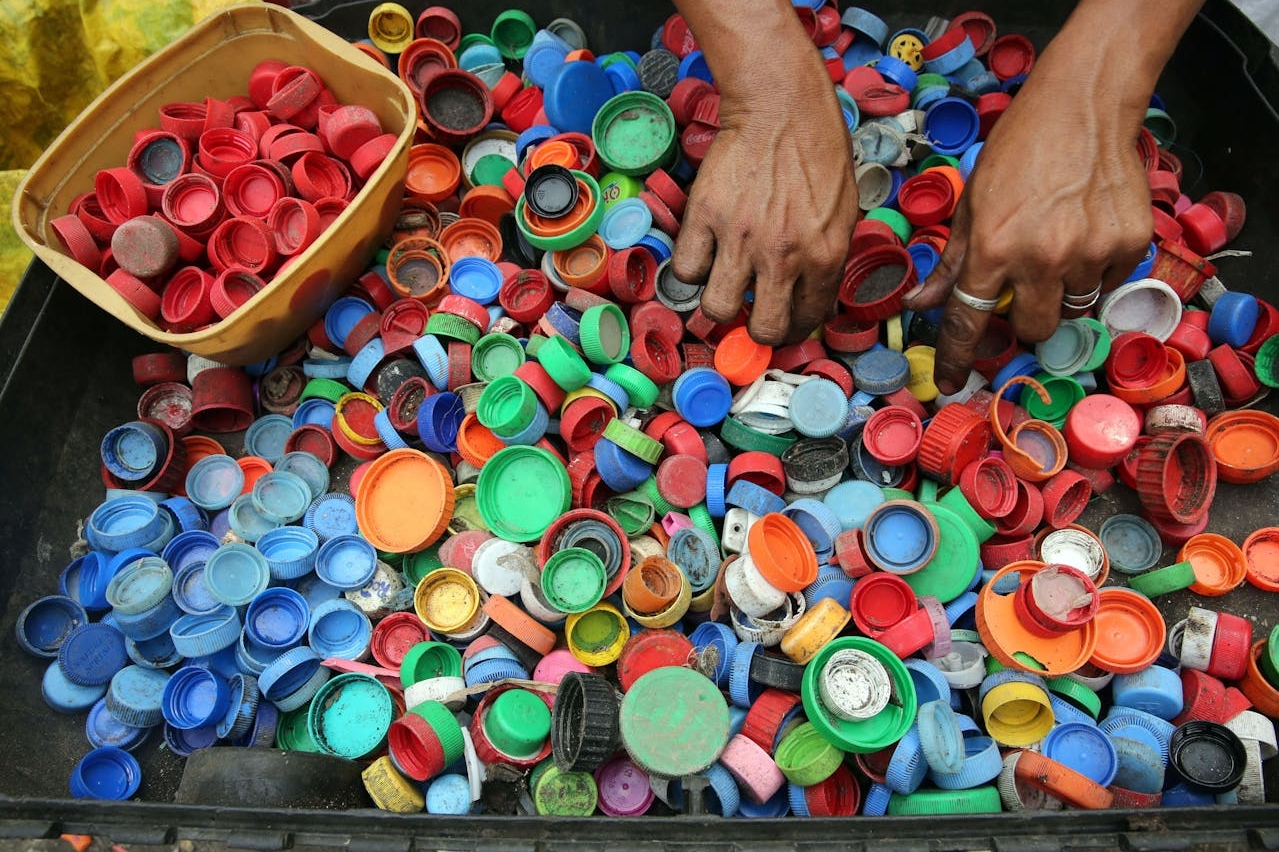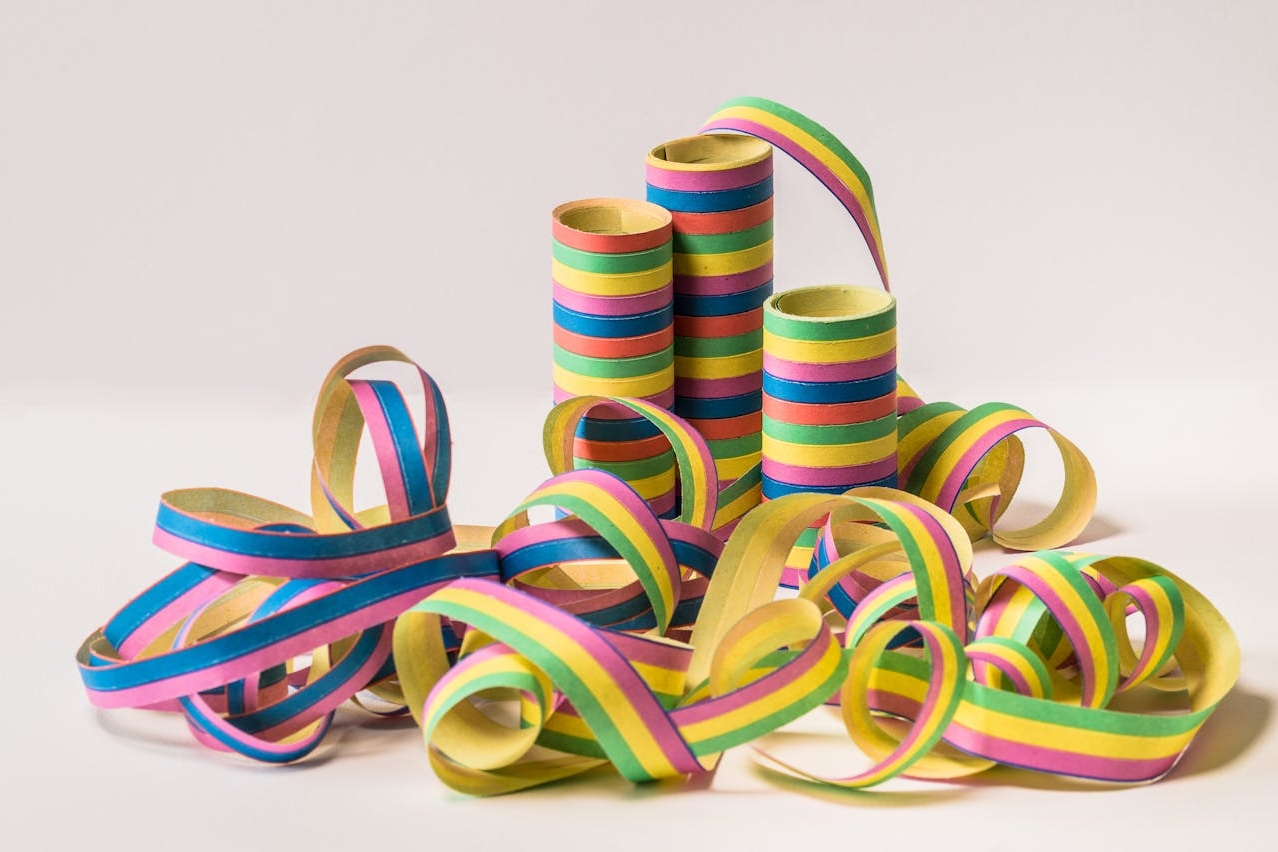In an era marked by growing environmental awareness and sustainability concerns, the demand for eco-friendly home decor solutions has never been higher. Indian manufacturers, known for their rich tradition of craftsmanship and innovation, are at the forefront of this movement, offering a diverse range of sustainable home decor options to the US market. In this blog post, we explore how Indian manufacturers are embracing eco-conscious practices and materials to meet the evolving sustainability trends in the United States.
Harnessing Natural Materials: Indian home decor manufacturers have long favored natural materials such as bamboo, jute, rattan, and reclaimed wood in their production processes. These materials not only lend a rustic charm to home interiors but also boast eco-friendly credentials, being renewable, biodegradable, and low-impact on the environment. From bamboo furniture to jute rugs and rattan baskets, Indian home decor products made from natural materials offer US consumers an opportunity to bring the beauty of nature into their homes while minimizing their carbon footprint.
Artisanal Craftsmanship and Upcycling: At the heart of Indian home decor is a tradition of artisanal craftsmanship that values resourcefulness and creativity. Indian manufacturers are adept at repurposing and upcycling materials to create unique and stylish home decor items. From vintage sari quilts transformed into colorful throw pillows to discarded metal drums repurposed as statement accent tables, these one-of-a-kind pieces not only reduce waste but also add character and personality to home interiors. By embracing the principles of upcycling and repurposing, Indian manufacturers are demonstrating their commitment to sustainable practices and creative innovation.
Dyeing Techniques and Natural Pigments: In addition to utilizing natural materials, Indian home decor manufacturers are also exploring eco-friendly dyeing techniques and natural pigments to create vibrant and colorful textiles. Traditional methods such as vegetable dyeing and block printing not only produce rich and long-lasting colors but also minimize the environmental impact compared to synthetic dyes. By harnessing the power of nature’s palette, Indian manufacturers are able to offer US consumers a wide range of textiles and soft furnishings that are both visually striking and environmentally responsible.
Sustainable Packaging and Supply Chains: In an effort to further reduce their environmental footprint, Indian home decor manufacturers are adopting sustainable packaging practices and optimizing their supply chains for efficiency and transparency. From biodegradable packaging materials to carbon-neutral shipping options, these initiatives ensure that the journey from production to delivery is as eco-friendly as possible. By prioritizing sustainability throughout the entire supply chain, Indian manufacturers are not only meeting the demands of US consumers but also setting a positive example for the industry as a whole.
Conclusion: As sustainability continues to be a driving force in consumer preferences, Indian home decor manufacturers are rising to the challenge, offering innovative and eco-friendly solutions that resonate with US buyers. From harnessing natural materials and artisanal craftsmanship to embracing eco-friendly dyeing techniques and sustainable packaging practices, Indian manufacturers are leading the way towards a more sustainable future for home decor. By choosing Indian-made eco-friendly home decor products, US consumers can not only beautify their homes but also contribute to a greener planet for future generations.




